A team from the University of Northampton has travelled to Nigeria to educate people dealing with electronic waste about how to do their jobs safely as the country becomes a “digital dump” for e-waste from Europe and the USA.
Academics from the university worked with Hewlett Packard, Lincolnshire based electronics recycling and reuse company Reclaimed Appliances Ltd and Nigeria's University of Ibadan to deliver workshops to 80 delegates, ranging from “scavengers” working on electronic waste dumps to Nigerian regulatory authorities.
It comes in response to the issue of increasing exports of electronic waste from countries such as the UK to African markets. An estimated 75% of the 400,000 second-hand computers arriving at ports in Nigeria's biggest city Lagos every month are believed to be obsolete and unserviceable, and there have been several high profile exposes in relation to WEEE allegedly being illegally exported to Africa (see letsrecycle.com story).
Under waste shipment regulations, the shipment of hazardous waste for disposal to non-OECD countries such as Nigeria is not allowed.
Hazardous substances
Dr Margaret Bates, from the University of Northampton's School of Science and Technology, explained that Nigeria was becoming a “digital dump” for old electronic equipment from Europe and the USA, with much of it containing hazardous substances.
Dr Bates explained that the two-year project being delivered in partnership with the Basel Convetion Regional Coordinating Centre for Africa which is based at the University of Ibadan aimed to educate the “informal sector” on how to break down waste safely, identify what is of value and provide the equipment to carry out those tasks.
Funding
The University said that the project had been so successful that the delegates had asked it to return, and Hewlett Packard has offered to fund more safety equipment, so it was now aiming to secure more funding to continue its work.
The project team has also been asked to contribute to Nigeria's national waste regulations, and Dr Bates was made a Chief ‘Iyalode of e-waste'.
The University of Northampton team also included Professor Simon Denny, of Northampton Business School, and other colleagues.




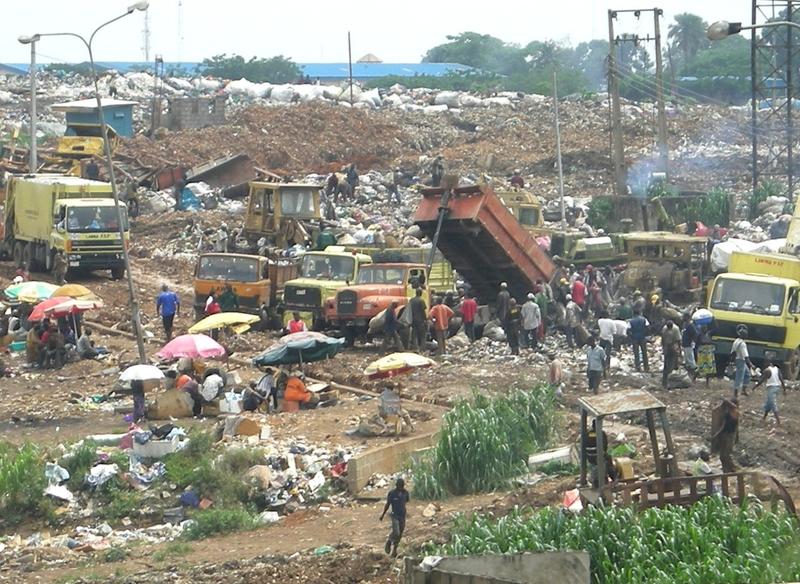
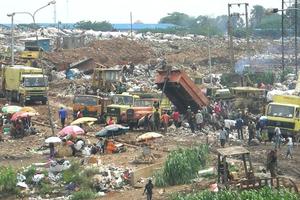
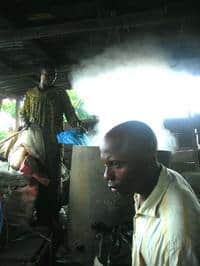
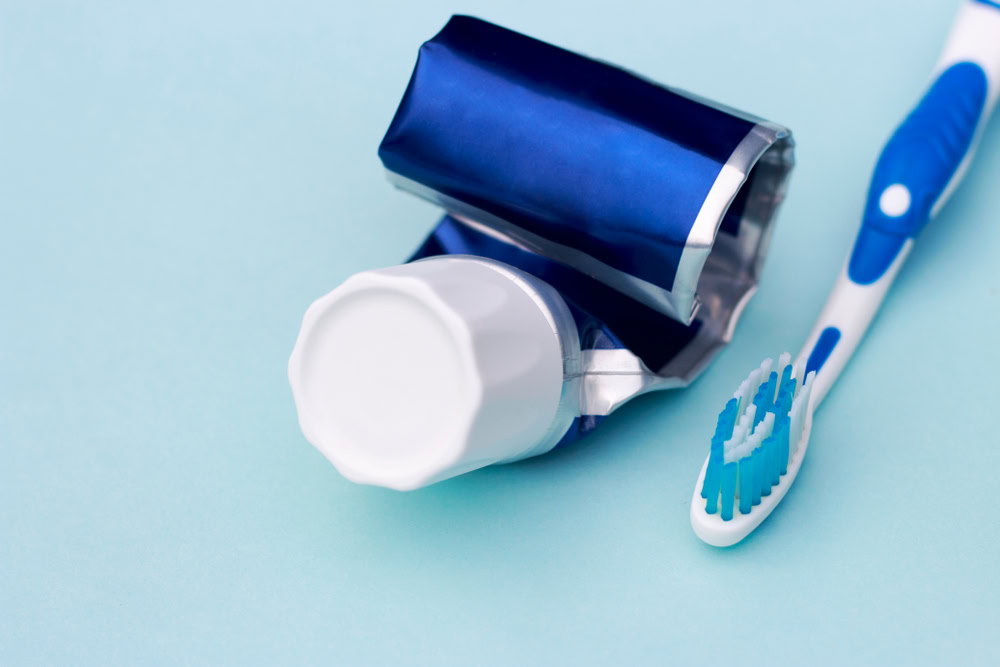
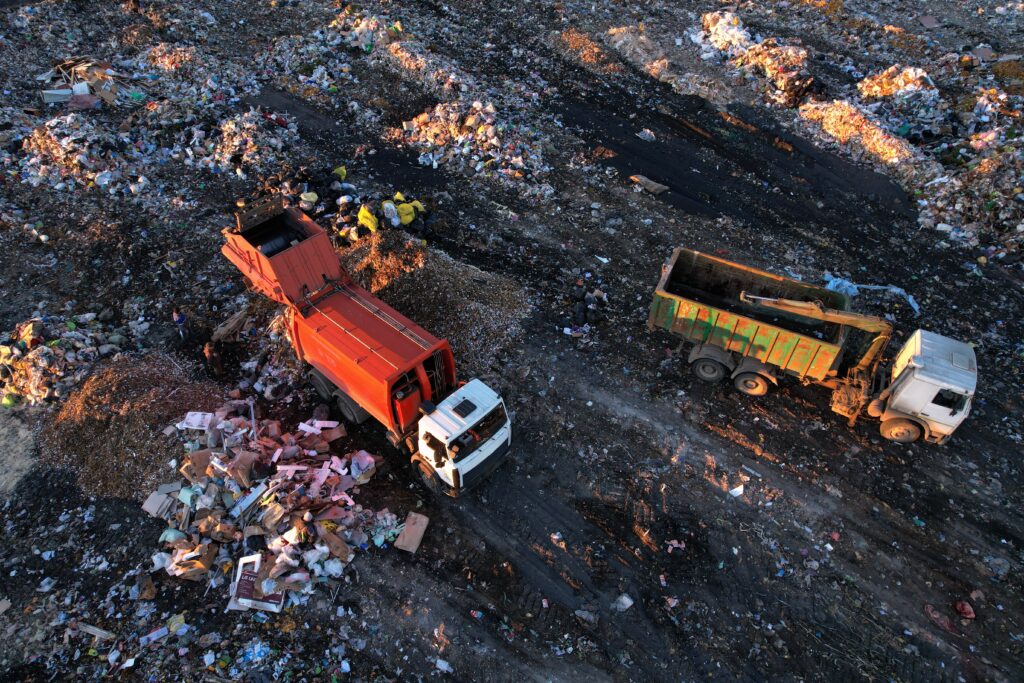

Subscribe for free